4 of the Best Vegetable Gardening Tips for Beginners
This post may contain affiliate links which might earn us money. Please read my Disclosure and Privacy policies hereIf you're like most people, the idea of vegetable gardening intimidates you. You may be afraid that you'll make a mistake and your plants will die. We will give you four vegetable gardening tips for beginner gardeners to help set you on the path to success.
What vegetables are suitable for first-time gardeners?
One of the most common questions we get from beginner gardeners is, “What vegetables should I grow?”
The answer to this question depends on a few factors, such as your climate, the amount of space you have, and how much time you're willing to spend caring for your plants.
Though leafy greens (such as lettuce and spinach) and root vegetables (such as carrots and potatoes) are good choices for first-time gardeners, these plants are relatively easy to care for and don't require a lot of space.
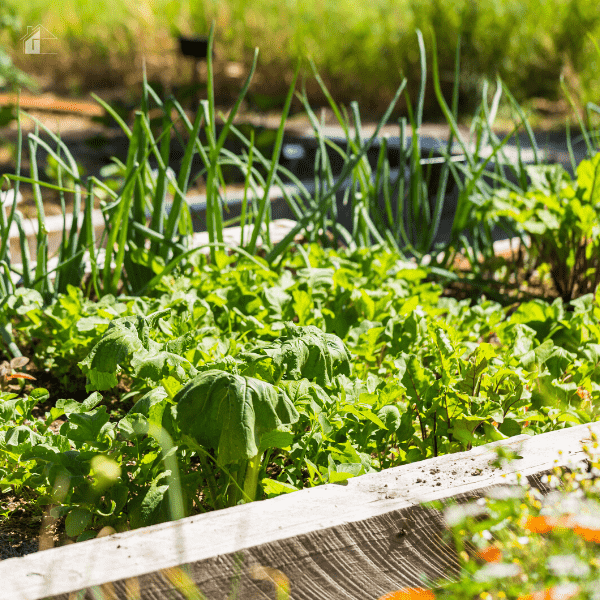
How do you start a vegetable garden for beginners?
Starting a vegetable garden may seem daunting, but it's pretty simple!
First, you'll need to choose a location for your garden. If you have a lot of space, you can opt to plant your vegetables in the ground. On the other hand, you can grow them in containers on your porch or patio if you have limited space.
Once you've chosen a location, you'll need to prepare the soil. Vegetables need nutrient-rich soil to grow, so it's important to add compost or manure to your garden bed before planting.
Finally, you'll need to choose the plants you want to grow. As we mentioned earlier, leafy greens and root vegetables are good choices for beginner gardeners. Once you've chosen your plants, you can purchase seeds or seedlings from your local nursery.
What do I need as a beginner gardener?
If you're new to gardening, you may be wondering what supplies you'll need to get started. The good news is that you don't need much!
Here are a few basics that all beginner gardeners should have:
- Gloves: Gardening can be tough on your hands, so it's essential to wear gloves to protect them.
- Garden hose: A garden hose is essential for watering your plants.
- Shovel: You'll need a shovel to dig holes for planting and turn over the soil in your garden bed.
- Rake: A rake helps level out the soil in your garden bed and remove debris.
- Seeds or seedlings: You'll need seeds or seedlings to start your garden.
Now that you know what you need, it's time to get started! These vegetable gardening tips for beginner gardeners will help you grow a successful garden.
Remember to start small, choose suitable plants for your climate and space, and have patience. With a little bit of effort, you'll be able to enjoy fresh vegetables from your backyard in no time!

What are some common gardening mistakes?
As a beginner gardener, it's essential to avoid making common mistakes that can jeopardize the success of your garden. Here are a few mistakes to watch out for:
– Overwatering: It's essential to water your plants regularly, but be careful not to overwater them. Overwatered plants are more susceptible to diseases and pests.
– Underwatering: On the other hand, underwatering can also be detrimental to your plants. Make sure to water them deeply and regularly during the growing season.
– Fertilizing: Vegetables need nutrients to grow, but too much fertilizer can harm them. So be sure to follow the instructions on your fertilizer label carefully.
– Planting too early or too late: timing is everything when it comes to gardening! Make sure to plant your vegetables at the right time of year for your climate.
– Not paying attention to the sun: Most vegetables need full sun to grow, so be sure to choose a location that gets plenty of sunlight.
– Neglecting your garden: A successful garden requires regular care and maintenance. Be sure to check on your plants regularly and take care of any problems as soon as they arise.
By following these tips, you can avoid making common gardening mistakes and set yourself up for success. With a little bit of effort, you'll be able to grow a healthy and bountiful vegetable garden!
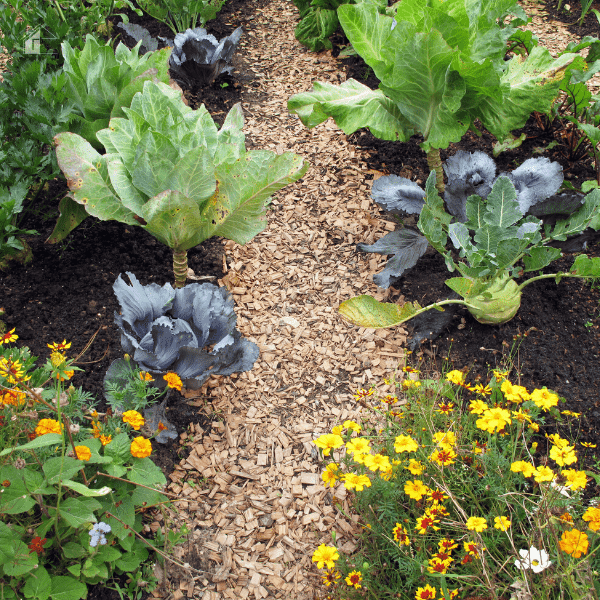
4 Vegetable Gardening Tips For Beginner Gardeners
If you're a beginner gardener, these tips will help you grow a successful vegetable garden.
Check USDA Hardiness Zone Maps
If you don't know your hardiness zone, it is crucial to find out. Knowing your hardiness zone will help you determine which vegetables are best suited for growing in your area. The maps are available online, and you can also ask your local nursery or extension office for assistance.
Amend Your Soil
Healthy soil is the key to a healthy garden. Vegetables need nutrient-rich soil to grow correctly. If you are unsure about the quality of your soil, have it tested by your local extension office. They will be able to tell you what amendments need it to create a hospitable environment for your plants.
Many people are lucky to have a high supply of rich topsoil where they live. However, having a rich amount of topsoil where you live might not be possible, leading to a struggle.
Heavy clay, rocky soil, sandy, or other soils are not ideal for growing your garden. As a beginner gardener, it is essential to understand each type of soil and what they represent when starting your home vegetable garden.
Type of soils:
- Sand
- Silt
- Clay
- Saline
- Peaty
These soil types present different challenges ranging from retaining too much water (or not enough) to being devoid of the essential nutrients plants need to survive and thrive.
For example, if you have heavy clay soil and dig a hole in the ground and plant, the chances are good that the plant won't make it.
The heavy clay around your plant will act like a bathtub whenever it rains, which means your plant will sit in a pool of water with nowhere to drain.
Before planning, the first step you need to do is to know and identify the type of soil you have and what are the proper steps to amend the soil.
Amend soil resources:
Growing Vertically Is the Way To Go
The beauty of growing your garden is that you can take advantage of vertical space. And how does one do this? By utilizing fences, trellises, and other structures that help keep your plants off the ground.
Growing your vegetable garden vertically has many benefits, and those are the following:
- You can grow more food in less space
- You can use this method when you have limited space
- Reduces weeding time
- It makes it easier to harvest your vegetables
- It creates more room in your garden
- It minimizes plants damages from pets and other critters
- Reduces plant deceases
As you can see from the above list, there are many benefits of growing your garden vertically and by doing it this way, not only do you save space, you can save time harvesting and weeding.
It is also healthier for the plants as they won't be touching the ground, leading to better circulation.
Check out these gardening posts:
- Home Gardening For Beginners
- 6 Indoor Gardening Mistakes Beginners Should Avoid
- Vegetable Garden Salad Fresh From Your Garden
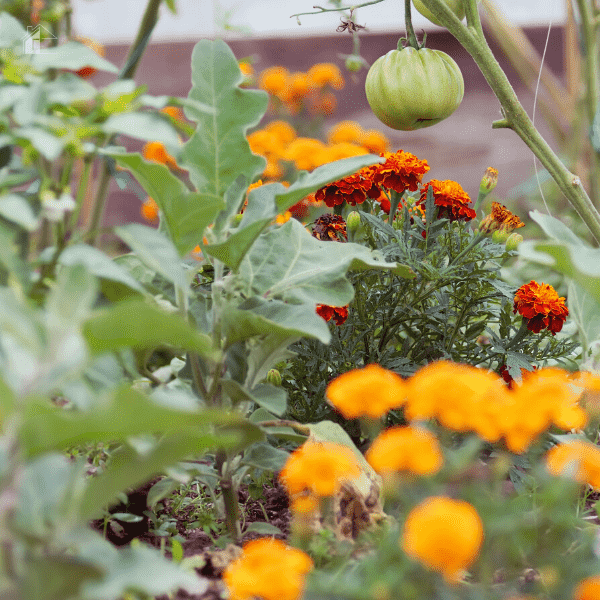
Companion Planting is Important
Last but not least, companion planting is something you should consider when planning your home vegetable garden.
Companion planting is growing two or more plants together for mutual benefit.
Some benefits of companion planting are:
- It can deter pests
- Attract beneficial insects
- Help with pollination
- Provide nitrogen fixation
- Shade-loving plants do well when planted next to taller plants
And the list goes on.
When planning your home vegetable garden, take the time to research which plants grow well together. You will be glad you did!
Want to increase the yield of your garden? Then companion planning is the way to go!
Companion planting is all about planning, and doing this will maximize the efficiency of your vegetable garden. Thanks to the internet, knowing which plant benefits another one is not as hard as you think.
So, if you're a beginner vegetable gardener, don't be afraid! Just follow our tips, and you'll be on your way to a bountiful harvest. Do you have any other suggestions for beginners? Let us know in the comments below!

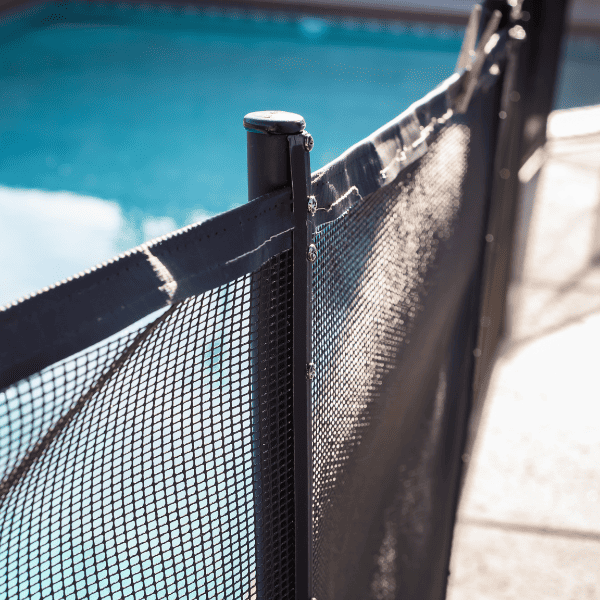
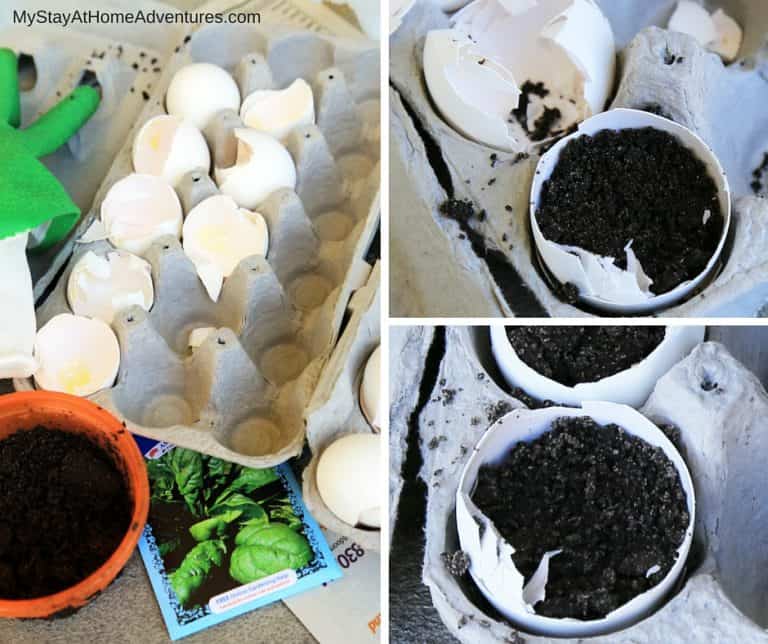
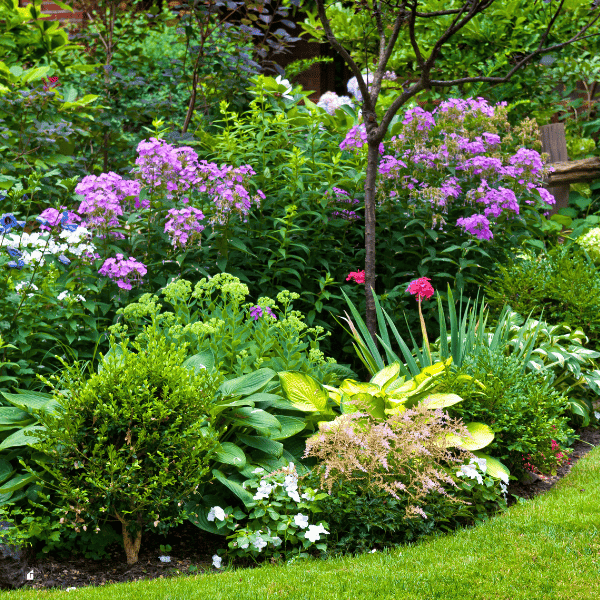
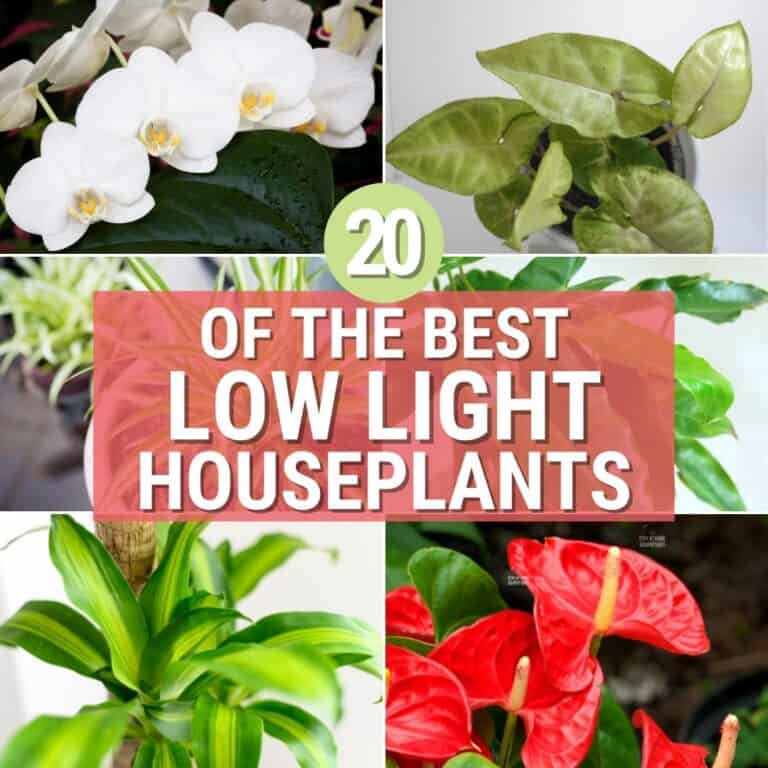
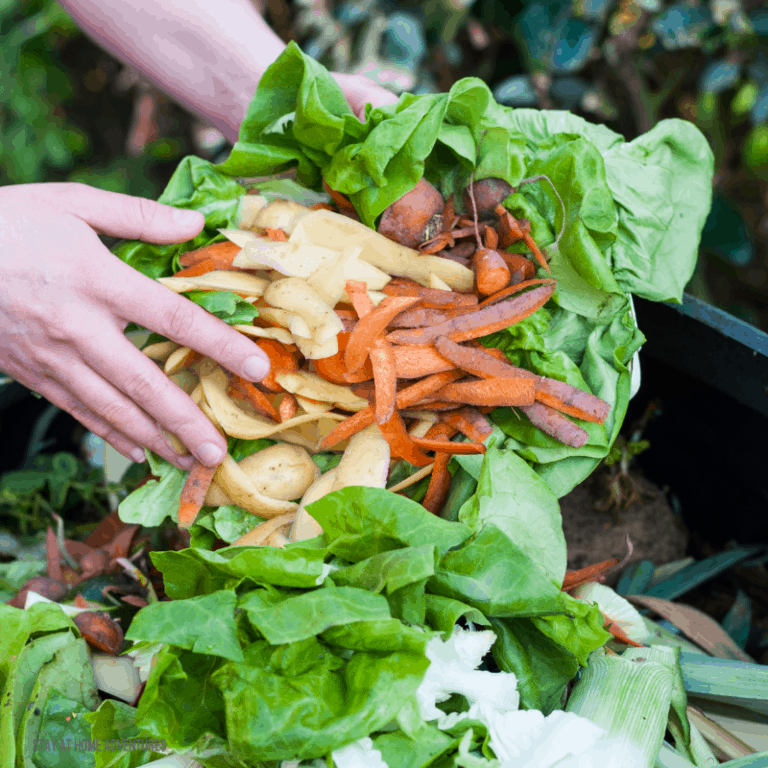
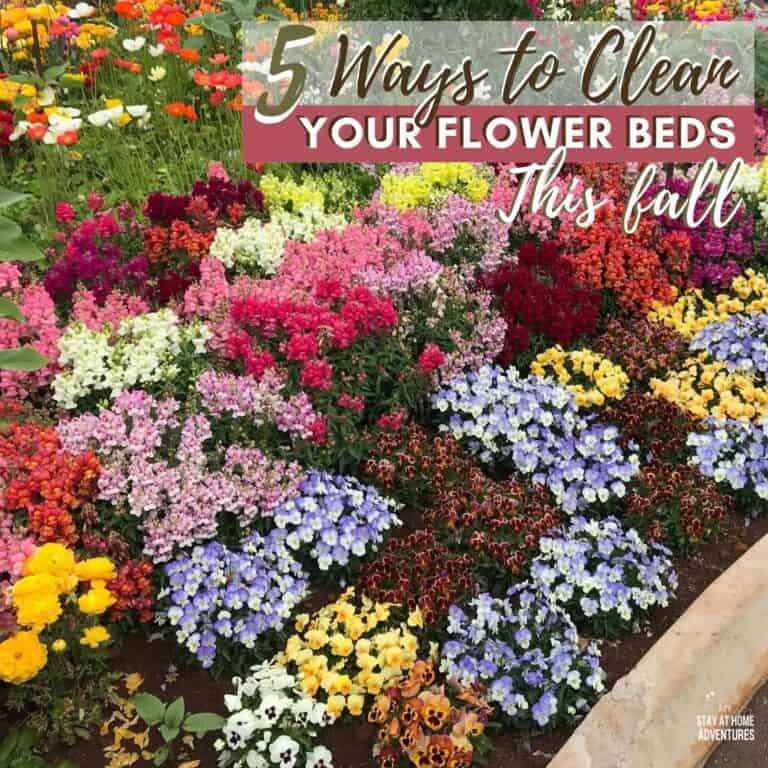
10 Comments